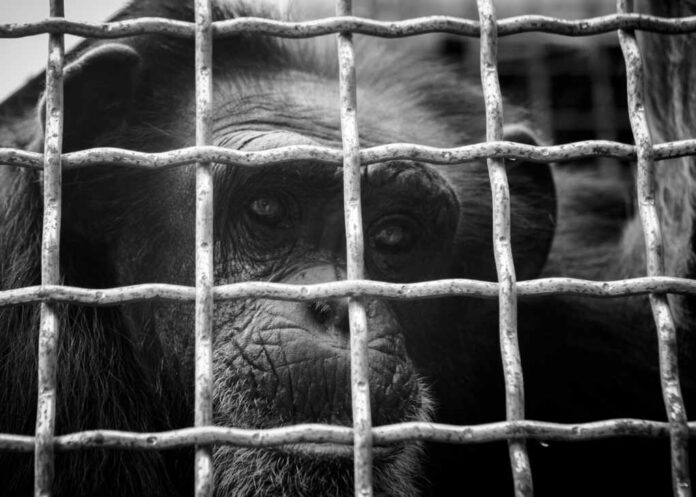
A chilling experiment from the 1930s raises ethical questions that still resonate today.
Story Highlights
- The Kellogg study raised a child and chimp as siblings to explore nature vs. nurture.
- The experiment revealed stark limits to “humanizing” a chimpanzee.
- Ethical concerns have cast a long shadow over the study’s legacy.
Raising a Child and a Chimpanzee Together
In 1931, psychologists Winthrop Niles Kellogg and Luella Kellogg embarked on a radical experiment to test the boundaries of nature versus nurture. In their Florida home, they raised their infant son Donald alongside a female chimpanzee named Gua, treating them as siblings with identical routines and discipline. This unique setup aimed to reveal the developmental similarities and differences between a human child and a chimpanzee.
The experiment, which lasted nine months, was meticulously documented, highlighting both the physical and cognitive developments of the subjects. Despite the shared upbringing, the study ultimately showed the limits of environmental influence on a chimpanzee’s cognitive abilities, underscoring the inherent differences between species.
Watch: They Raised a Baby and a Chimp as Siblings… Here’s What Happened
Ethical Implications and Controversies
The Kellogg study was groundbreaking in its approach, yet it has been widely criticized for its ethical implications. The experiment raised serious concerns about the treatment of both the child and the chimpanzee, including the potential psychological impacts. Today, the study serves as a cautionary tale in discussions of comparative psychology and research ethics, illustrating the importance of ethical standards in scientific investigations.
The study’s findings were published in 1933, but the ethical questions it raised continue to be debated in modern psychology. The experiment’s legacy endures as a significant, if controversial, part of the history of psychological research.
Legacy and Modern Reflections
While the Kellogg experiment concluded in 1932, its ramifications have echoed through the decades. It has contributed to ongoing debates about animal rights, cognitive development, and the ethical oversight of experiments involving both human and non-human subjects. The study remains a key reference point in psychology curricula and public discourse, illustrating the complex interplay between scientific curiosity and ethical responsibility.
Despite the ethical controversies, the Kellogg study provided valuable insights into the limits of nurture and the essential differences between humans and primates. It continues to be a topic of interest and discussion, serving as both a historical case study and a reminder of the need for ethical vigilance in scientific research.
Sources:
Kellogg Study Overview
Science and Culture: Raising a Child and Chimp Together
Wikipedia: Gua the Chimpanzee
Karen Joy Fowler: WAACBO Q&A

























